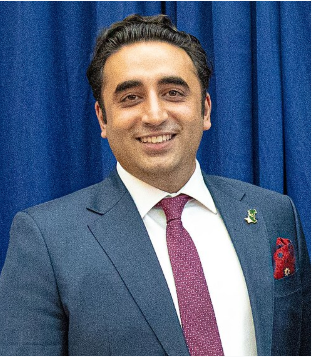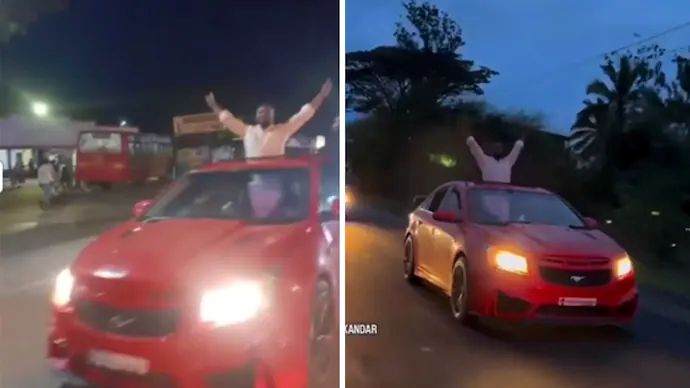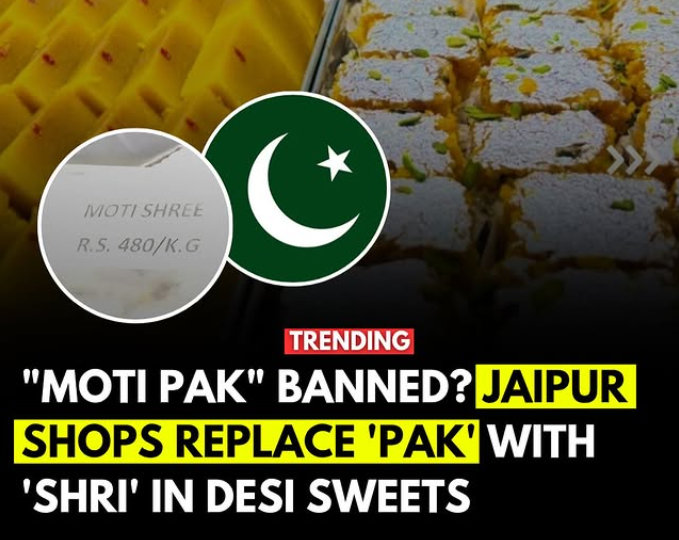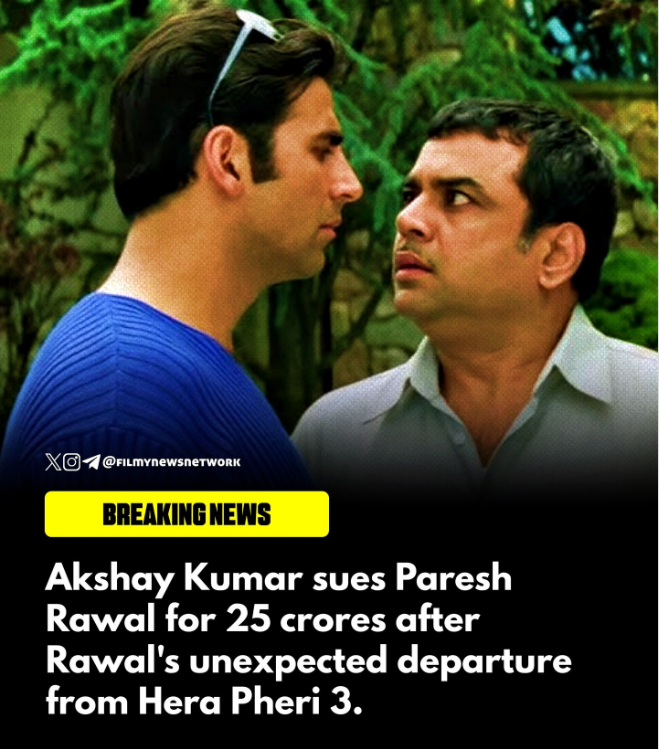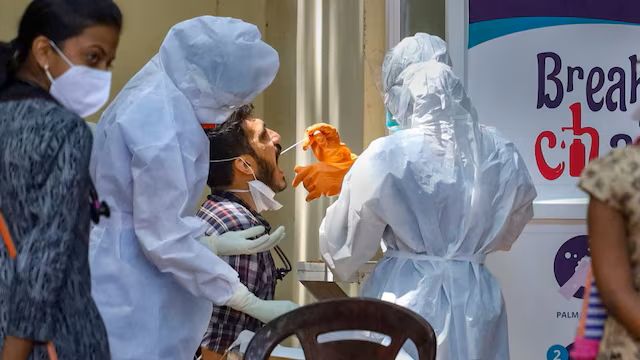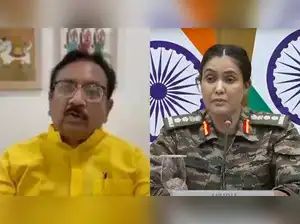
The Madhya Pradesh government has constituted a Special Investigation Team (SIT) to investigate the controversial remarks made by Tribal Affairs Minister Vijay Shah against Colonel Sofiya Qureshi, an Indian Army officer. The case has gained national attention, prompting the Supreme Court to step in and ensure a fair probe. The SIT, comprising senior officers, will examine allegations of hate speech and inflammatory statements, raising questions about political accountability and freedom of expression.
This high-profile case has sparked debates on communal harmony, the dignity of armed forces personnel, and the role of elected representatives in maintaining public decorum. Below, we break down the key developments, legal implications, and public reactions surrounding this controversy.
What Did Vijay Shah Say?
The controversy erupted when Vijay Shah, the Madhya Pradesh Tribal Affairs Minister, made allegedly derogatory remarks against Colonel Sofiya Qureshi, a decorated officer known for her service in the Indian Army. The comments, perceived as communal and disrespectful, triggered widespread outrage, with demands for legal action.
Key Allegations:
- Shah’s remarks were seen as targeting Qureshi’s religious identity.
- Critics accused him of promoting divisive rhetoric.
- Veterans and opposition leaders condemned the statement, calling it an insult to the armed forces.
The backlash forced the Madhya Pradesh government to take swift action, leading to the formation of the SIT.
Read Also: Colonel Sofiya Qureshi: The Woman Leading the Charge
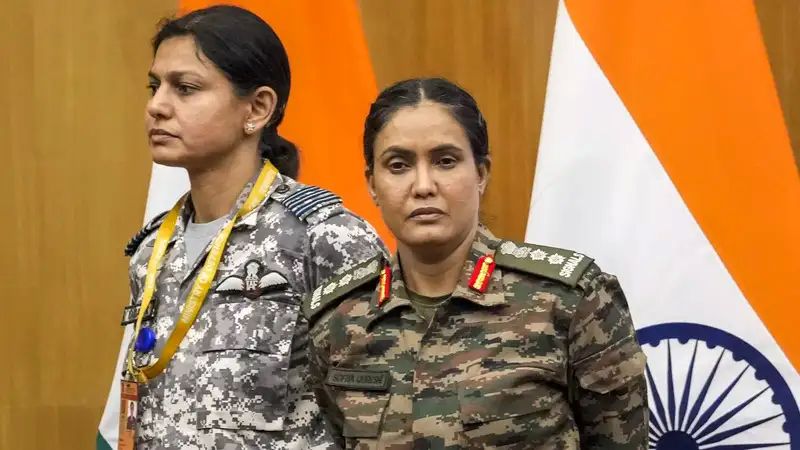
Why Did the Supreme Court Intervene?
Given the sensitivity of the case and its potential impact on civil-military relations, the Supreme Court took suo motu cognizance of the matter. The apex court emphasized the need for an impartial investigation, ensuring that no political influence obstructs justice.
Court’s Directives:
- The SIT must submit periodic reports to the judiciary.
- No political interference in the probe will be tolerated.
- Colonel Qureshi’s rights as a serving officer must be protected.
Legal experts suggest that the Supreme Court’s involvement underscores the seriousness of the allegations and sets a precedent for holding public figures accountable.
Source: News X Live
Colonel Sofiya Qureshi: A Trailblazer in the Indian Army
Colonel Sofiya Qureshi is not only the first woman to lead an Indian Army contingent in an international military exercise, but she also represents a symbol of India’s inclusive defense forces. Her service record is exemplary, having served in various conflict zones and received multiple commendations. Her background as a Muslim woman in the military adds to her inspirational legacy, making the derogatory remarks even more sensitive and politically charged.
Legal Implications: Can a Minister Be Prosecuted for Hate Speech?
The case raises critical legal questions about free speech limits and accountability of public officials.
-
Relevant Laws:
-
Section 153A (IPC): Promotes enmity between groups.
-
Section 505 (IPC): Statements conducing to public mischief.
-
Representation of the People Act: Disqualification for misconduct.
-
Legal experts argue that if proven guilty, Shah could face:
-
Criminal charges under IPC.
-
Disqualification from office.
-
Public apology and damages.
However, the final decision rests with the courts after the SIT’s findings.
Composition of the Special Investigation Team (SIT)
The Madhya Pradesh government has appointed a three-member SIT to conduct a thorough probe. The team includes senior police officers with expertise in handling sensitive cases.
| SIT Member | Designation | Role in Investigation |
|---|---|---|
| Sanjeev Shami | Additional DG (CID) | Lead Investigator |
| Rakesh Gupta | DIG (Cyber Crime) | Digital Evidence Analysis |
| Anurag Sharma | Superintendent of Police (SP) | Field Investigation |
(Note: Names are based on initial reports; official confirmation pending.)
The SIT’s mandate includes:
-
Scrutinizing video evidence of Vijay Shah’s speech.
-
Recording statements from witnesses and legal experts.
-
Submitting findings to the Supreme Court within 4 weeks.
Legal Implications: Can a Minister Be Prosecuted for Hate Speech?
The case raises critical legal questions about free speech limits and accountability of public officials.
Relevant Laws:
- Section 153A (IPC): Promotes enmity between groups.
- Section 505 (IPC): Statements conducing to public mischief.
- Representation of the People Act: Disqualification for misconduct.
Legal experts argue that if proven guilty, Shah could face:
- Criminal charges under IPC.
- Disqualification from office.
- Public apology and damages.
However, the final decision rests with the courts after the SIT’s findings.

